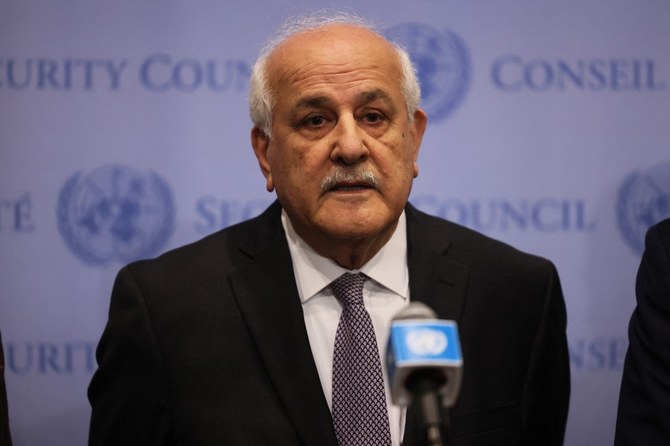
It used to be that only the lowest in our Palestinian community would resort to name calling; for example describing others as “Uncle Toms,” “traitors” or “quislings.” Recently, however, some of the strongest voices have turned away from effective leadership, in the face of failed policies, to become bullhorns for rejectionism, despair and, worst of all, name-calling.
A strong voice of reason, Sam Bahour, did the same last week during an interview with CNN’s Christiane Amanpour. Bahour is a smart American businessman, born to a Palestinian father and Lebanese mother, who moved to his father’s birthplace, Al-Bireh in the West Bank, to help rebuild the Palestinian economy. But through his recent appearance on CNN, he seemed to reflect the despondency that is steadily becoming the new Palestinian culture. He argued that any Palestinian who attended presidential adviser Jared Kushner’s “Peace to Prosperity” conference in Bahrain in June is an “Uncle Tom.”
Bahour had a great discussion with Amanpour, the Iranian American who has helped undermine the Palestinian cause with her milquetoast reporting on Palestine. But the part of the interview that got the most attention, was Bahour’s description of Palestinians who attended the conference as “Uncle Toms.”
He was speaking about five Palestinian businessmen who attended the Bahrain conference, an event that I covered, during which donors were urged to donate $30 billion to boost Palestine’s crippled economy. The Palestinians who attended are disliked because they believe normalization with the Israelis is more productive than the failed policy of rejectionism.
When you are desperate — and these are desperate times for the Palestinians — I guess anyone who disagrees with the failed rejectionist policies becomes an “Uncle Tom.” But the very fact of calling someone an “Uncle Tom,” a derogatory reference most associated with black people who cooperated with white slave owners during America’s slavery period in the 18th and 19th centuries, is in and of itself a sign of weakness.
My opinion has been clear: the Palestinian policies of rejection and stubborn anger are ineffective and a reflection of weakness.
Ray Hanania
When I chatted with Bahour online, he defended his comments but argued that more-important issues were discussed during the interview. Maybe, but name calling is what gets attention. It is a cheap substitute for effective strategy. It is a placeholder in the absence of intelligent debate. It is a symptom of growing deterioration, not advancement.
It has always been amazing to me that the Palestinians have the strongest moral, legal and ethical case and yet they have been unable to prosecute it effectively. Israel’s government engages in the most immoral conduct, embracing apartheid-style racism and violent policies, and violating the basic and clearest principals of human rights and the rule of law.
I covered the Bahrain conference for this newspaper, Arab News. It is based in Saudi Arabia, a country that has done more to help the Palestinians than anyone. Yet the Saudis have been attacked by extremists and the frustrated on both sides, because it is easier to criticize your own than to confront the oppressors.
My opinion has been clear: the Palestinian policies of rejection and stubborn anger are ineffective and a reflection of weakness. When Yasser Arafat led the Palestinians, he used powerful rhetoric and violence to achieve a specific purpose: to force the world to recognize Palestinian rights at a time when the world asserted Palestinians did not exist. Once the world recognized Palestinians and Palestinian rights, Arafat came to the peace table, only to be betrayed by Arab fanatics and Israeli lies.
The Bahrain conference was an opportunity for Palestinians to redefine themselves as distinct from the failed direction of the extremists who have Palestine’s future in a headlock. They should have attended but did not have to embrace Kushner’s admittedly narrow-focused, pro-Israel proposals. They could have used the conference as a stage on which to push back with clever, alternative strategic ideas, displaying power and confidence and strength of resolve.
When you continue to lose ground and continue to falter, and as time steadily passes you by, frustration, anger, and name calling take control.
I do not mean to be too critical of Bahour. After all, he left the comfort of America and moved to the front lines of Palestine’s fight for justice. He is one of our best advocates for justice. However, we cannot engage in name calling against rival Palestinians when there are far worse crimes being committed by the Israelis.












